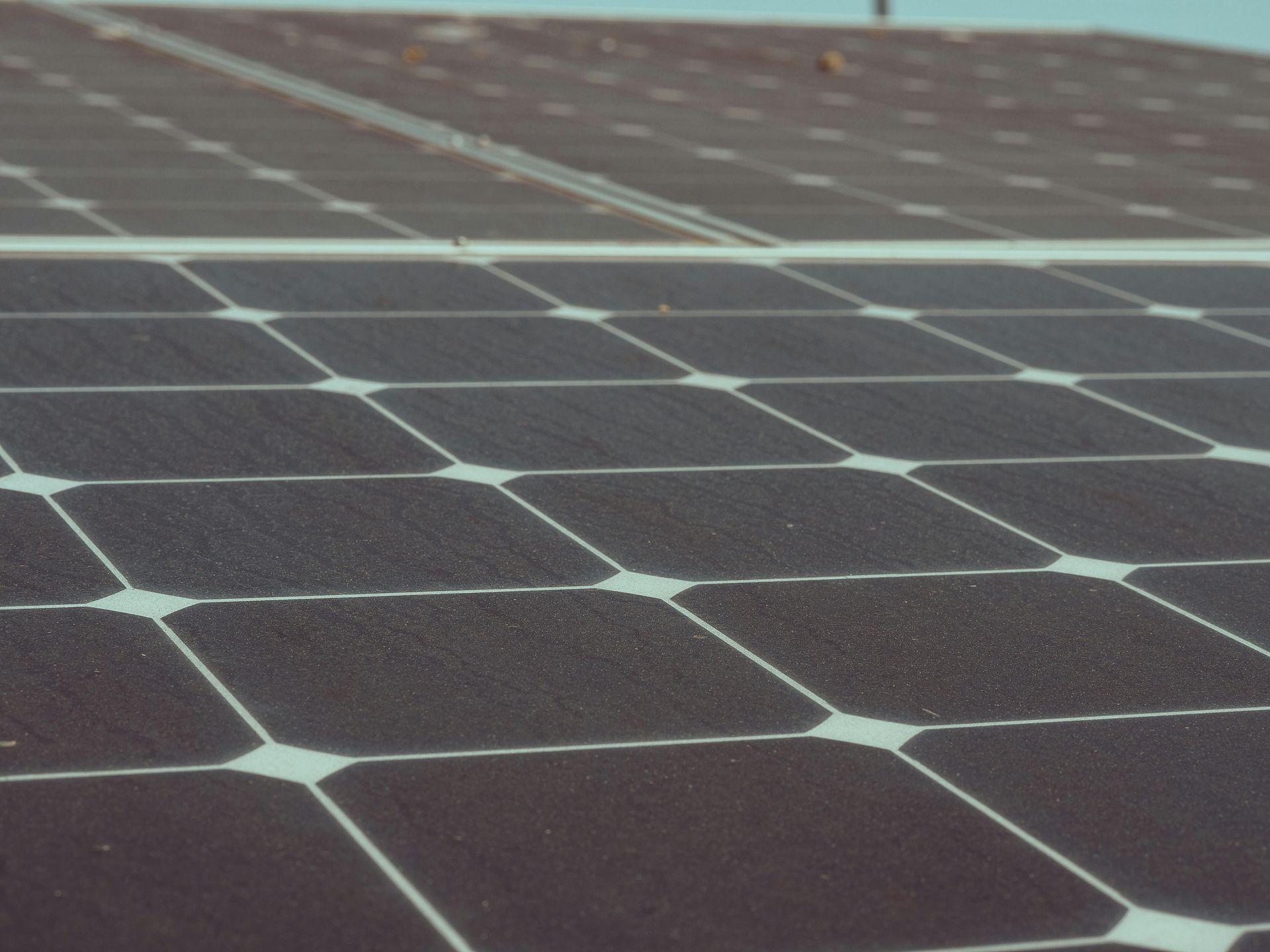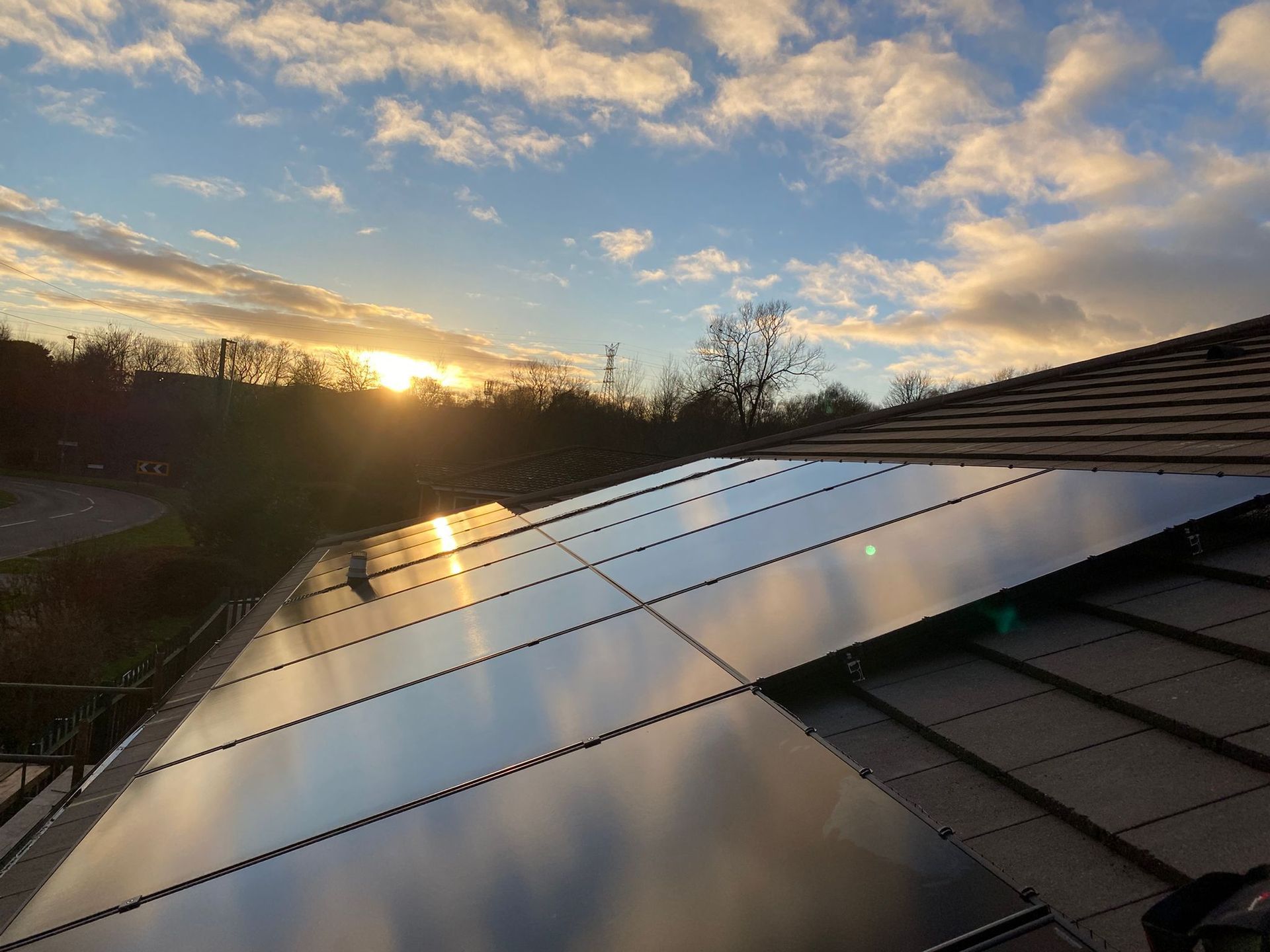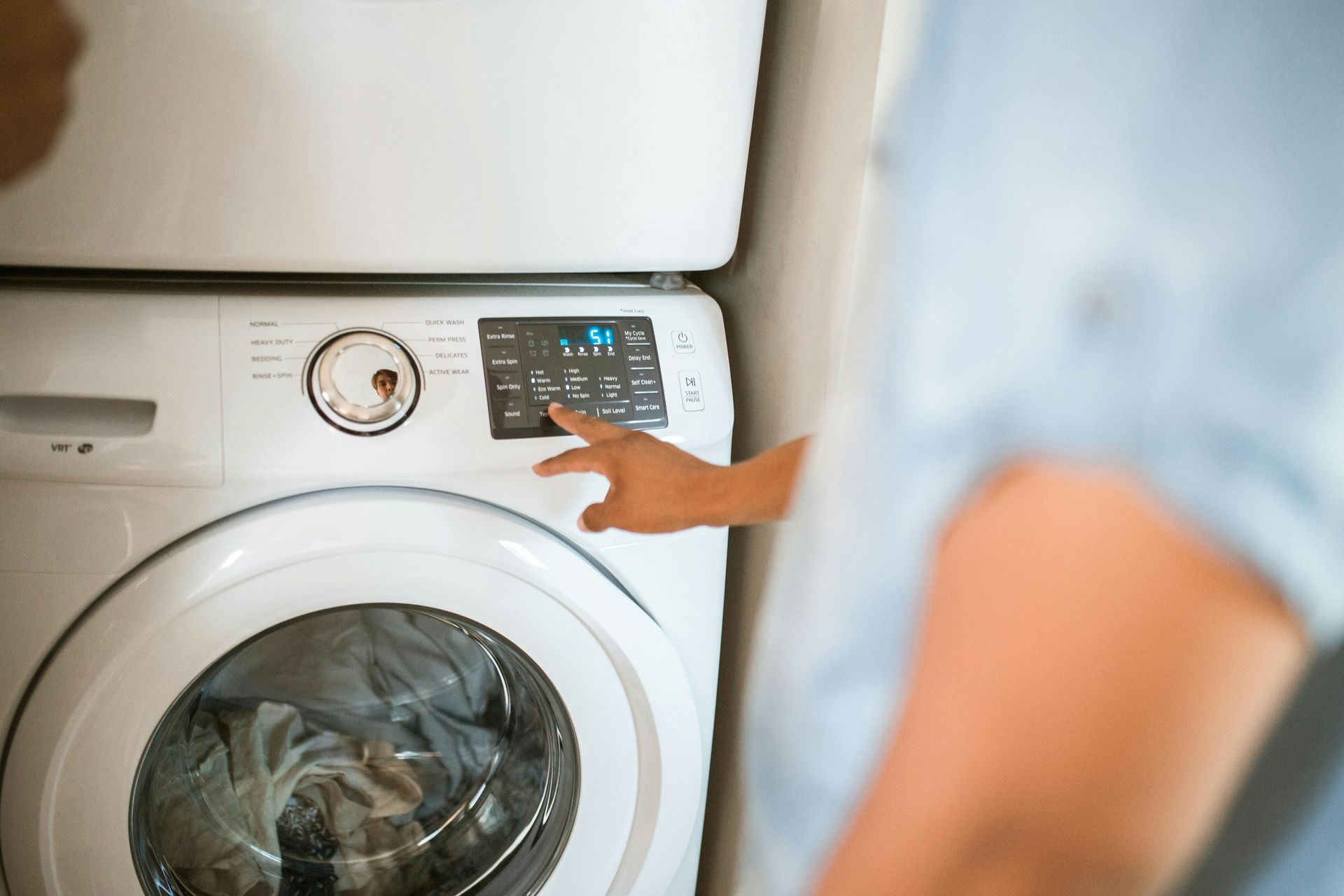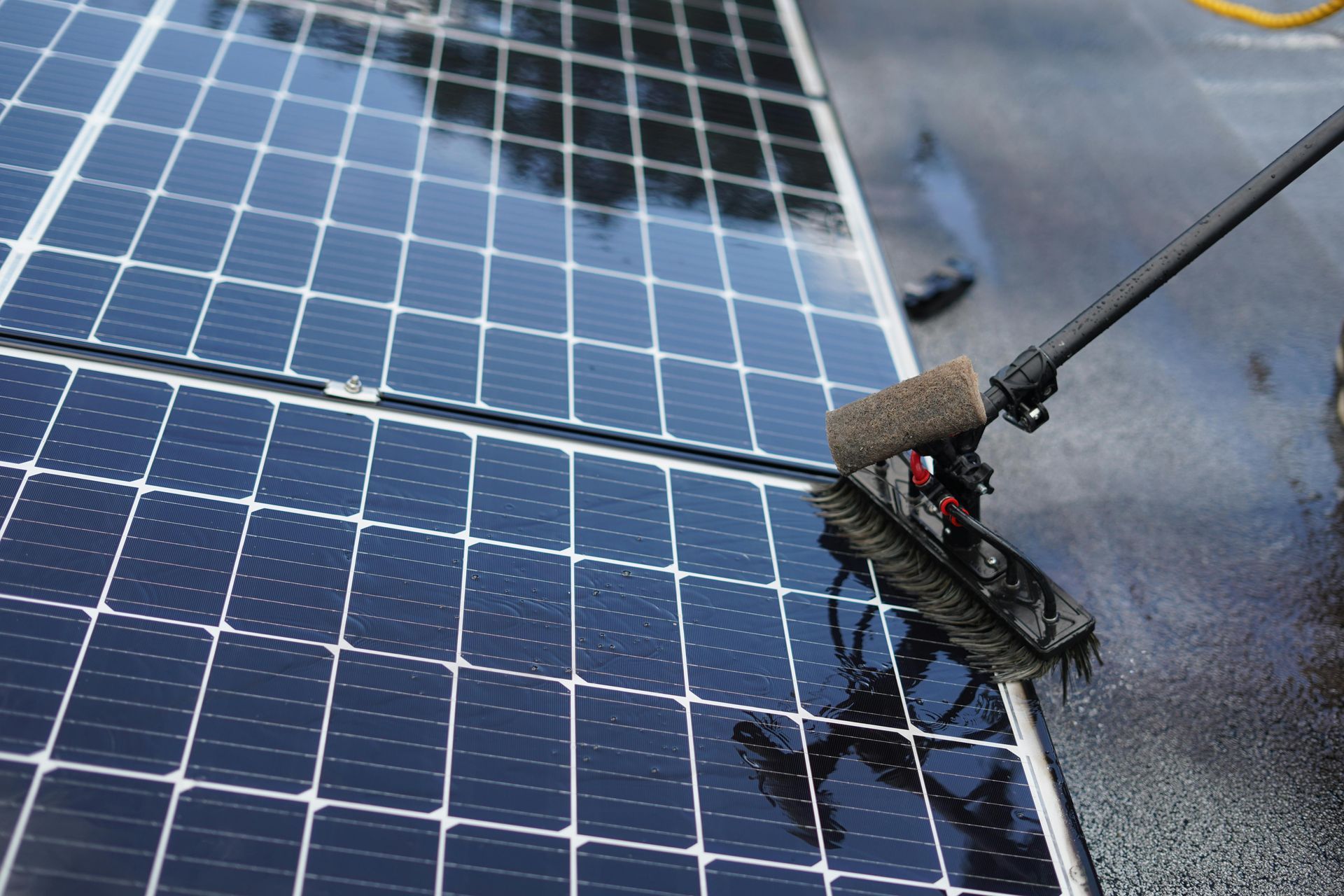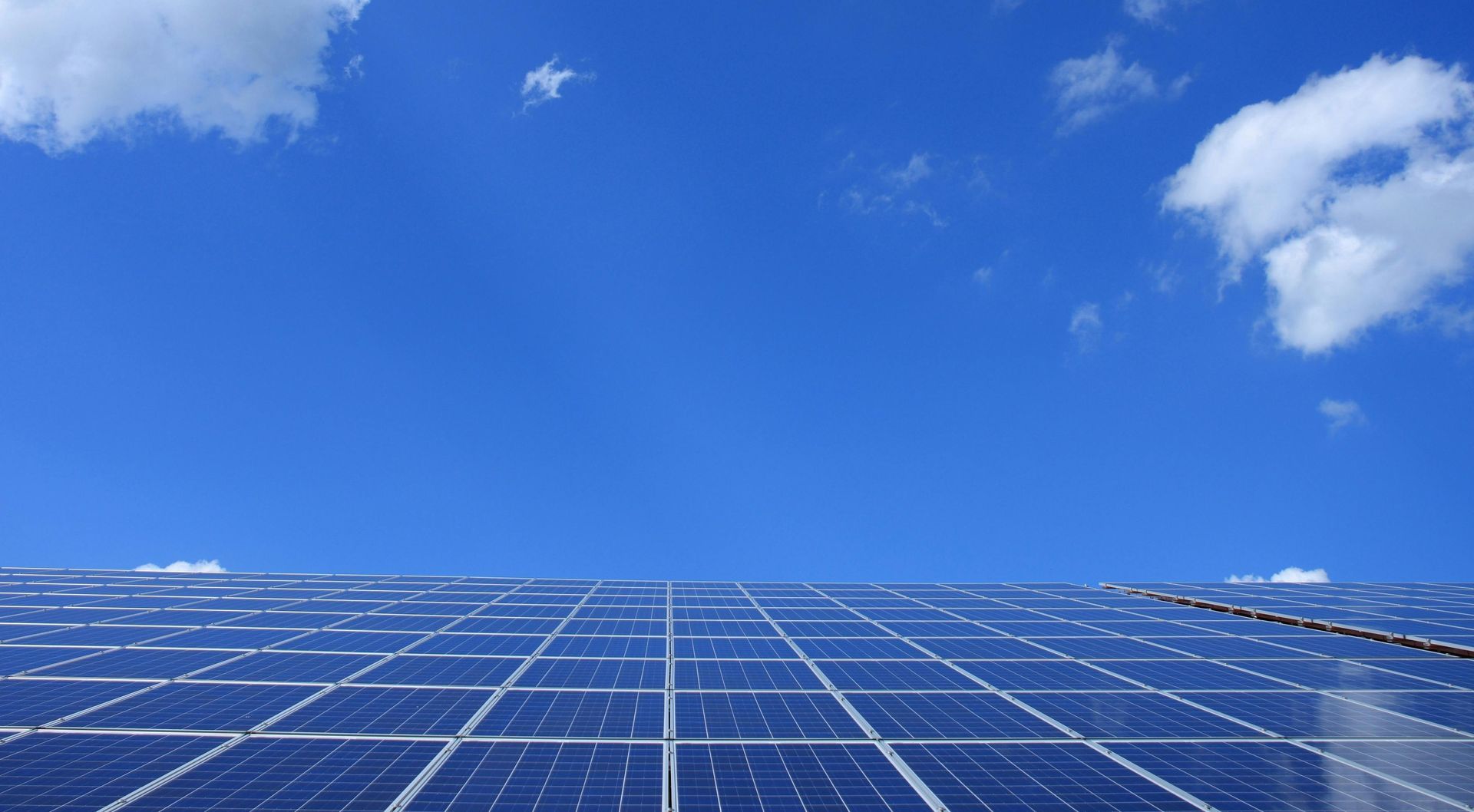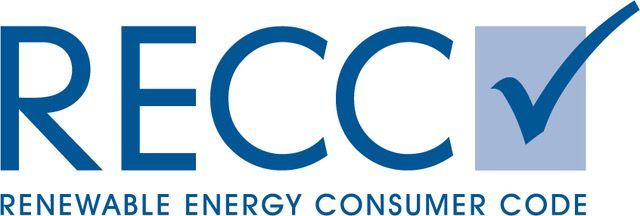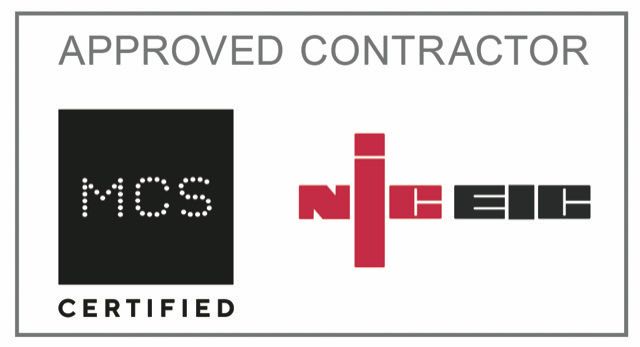Green Energy at Home: Solar Powered EV Charging
Your Solar Panels Can Charge Your EV
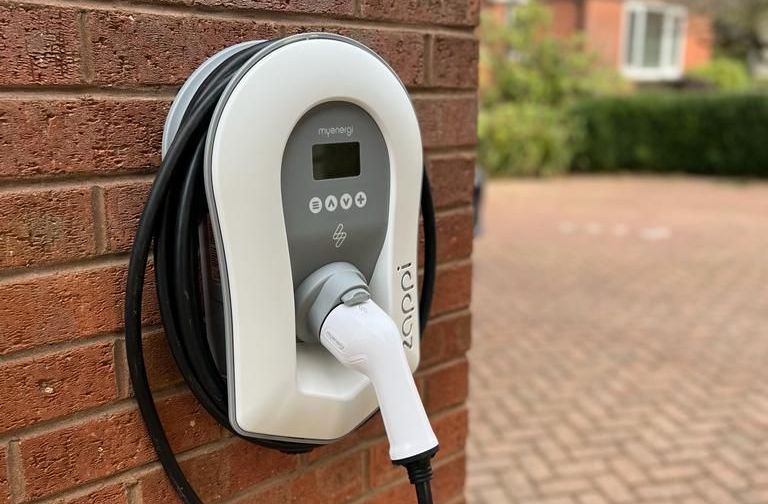
In a world increasingly aware of its environmental footprint, homeowners are turning towards sustainable energy solutions to power their lifestyles. The introduction of solar powered EV charging at home represents a revolutionary step forward for eco-conscious drivers. By harnessing the sun's power, electric vehicle owners can significantly reduce their reliance on traditional energy sources while cutting down on emissions. This synergy not only promotes green energy but also offers a practical solution for those aiming to make their homes more energy-efficient. We explore how solar panels can seamlessly support your EV charging needs, making sustainable living more accessible than ever.
Benefits of Solar-Powered EV Charging
Integrating solar panels with EV charging offers numerous advantages for homeowners. Here are some of the key benefits of this eco-friendly solution.
Cost Savings and Efficiency
Solar powered EV charging can significantly reduce your energy bills and increase overall efficiency. By harnessing the sun's energy, you can power your electric vehicle without relying on the grid.
The initial investment in solar panels and EV charging infrastructure may seem substantial, but the long-term savings are considerable. Many homeowners report a reduction of up to 70% in their electricity costs after installing solar panels.
Efficiency is another crucial factor. Modern solar panels can convert up to 22% of sunlight into usable electricity, providing ample power for both home use and EV charging. This efficiency translates to faster charging times and reduced reliance on traditional power sources.
Moreover, with solar powered charging, you can take advantage of off-peak electricity rates. By charging your EV during daylight hours when solar production is at its peak, you maximise energy efficiency and minimise costs.
Environmental Impact and Sustainability
The environmental benefits of solar powered EV charging are substantial, making it a cornerstone of sustainable living. This combination significantly reduces your carbon footprint and promotes cleaner energy use.
By charging your electric vehicle with solar power, you're effectively driving on sunshine. This means zero emissions from your car's energy source, as opposed to the emissions associated with grid electricity, which often relies on fossil fuels.
Solar panels have a long lifespan, typically 25-30 years, ensuring sustainable energy production for decades. This longevity means that over time, the environmental impact of manufacturing the panels is far outweighed by the clean energy they produce.
Furthermore, solar-powered EV charging contributes to grid stability. By generating your own electricity, you reduce the strain on the power grid, especially during peak hours. This distributed energy generation model is crucial for building a more resilient and sustainable energy infrastructure.
How to Integrate Solar Panels
Integrating solar panels with your EV charging setup requires careful planning and consideration. These are some of the key aspects of this process.
Choosing the Right Solar System
Selecting the appropriate solar system for your EV charging needs is crucial for optimal performance and efficiency. Consider factors such as your energy consumption, roof space, and local climate when making your decision.
First, assess your energy requirements. Calculate your home's energy usage and add the estimated energy needed for EV charging. This total will help determine the size of the solar system you need.
Next, evaluate your roof's solar potential. Factors like orientation, angle, and shading can affect solar panel efficiency. A south-facing roof with minimal shade is ideal for maximum energy production.
Consider the type of solar panels. Monocrystalline panels are more efficient but costlier, while polycrystalline panels are more affordable but slightly less efficient. Your choice will depend on your budget and energy needs.
Lastly, don't forget about inverters and battery storage. A smart inverter can help manage energy flow between your solar panels, EV charger, and home. Battery storage can store excess energy for use during cloudy days or at night.
Installing EV Chargers at Home
Installing an EV charger at home is a crucial step in creating an efficient solar powered charging system. This is something that we can do to ensure safety and optimal performance.
Choose the right charger: Select a Level 2 charger compatible with your EV model. These chargers typically provide faster charging speeds than standard Level 1 chargers.
Determine the best location: The charger should be easily accessible to your parking space and close to your electrical panel to minimise installation costs.
Check your electrical capacity: Ensure your home's electrical system can handle the additional load. You may need to upgrade your electrical panel if it's not sufficient.
Obtain necessary permits: Most localities require permits for EV charger installations. Check with your local authorities about the requirements.
Hire a certified electrician: Professional installation is crucial for safety and efficiency. Look for electricians with experience in EV charger installations.
Maximising Your Green Energy Investment
To get the most out of your solar powered EV charging system, it's essential to focus on maintenance and future-proofing. Here are some things to consider.
Maintenance and Upkeep
Proper maintenance of your solar panels and EV charging system is crucial for ensuring longevity and optimal performance. Regular upkeep can prevent issues and maintain efficiency over time.
For solar panels, regular cleaning is essential. Dust, leaves, and bird droppings can reduce efficiency. A gentle rinse with water and a soft brush every few months can keep your panels in top condition. In areas with heavy pollution or dust, more frequent cleaning may be necessary.
Inspect your panels periodically for any damage or wear and tear. Look for cracks, discolouration, or loose connections. If you notice any issues, contact a professional (like us!) for assessment and repair.
For your EV charger, keep the charging cable clean and free from damage. Regularly check for any signs of wear or exposed wires. Ensure the charging port on your vehicle is also kept clean and dry.
Monitor your system's performance through any provided apps or monitoring systems. This can help you detect any drops in efficiency early, allowing for prompt maintenance.
Future-Proofing Your Home
Investing in solar powered EV charging is a step towards future-proofing your home. As technology advances and electric vehicles become more prevalent, your system should be adaptable to these changes.
Consider scalability when installing your system. Choose a solar setup that allows for easy expansion if your energy needs increase in the future. This might mean installing extra conduits or choosing an inverter that can handle additional panels - this is something that we can advise on in the planning stages of your solar panel installation.
Stay informed about advancements in battery technology. As storage solutions improve, you might want to add or upgrade your battery system to store more solar energy for nighttime use or during power outages.
Keep an eye on smart home technologies that can integrate with your solar and EV charging system. These can help optimise energy use and further increase efficiency.
Lastly, consider the resale value of your home. A well-installed solar and EV charging system can significantly increase property value, making it an attractive feature for potential buyers in the future.
Have more questions? Get in touch and we'll be happy to help and answer any questions that you might have.

